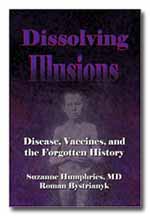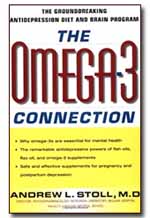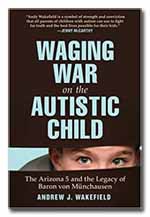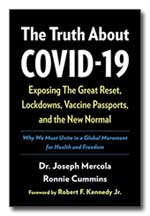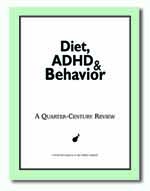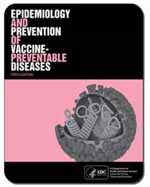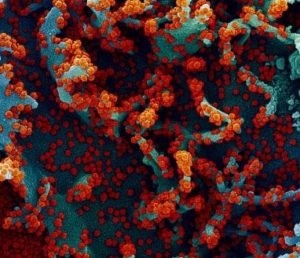 NIH Research Matters, January 2021
NIH Research Matters, January 2021
After people recover from infection with a virus, the immune system retains a memory of it, protecting against disease and/or reducing illness severity when it is encountered again.
To better understand immune memory for Covid-19, a study by Dan et al (linked below) was funded by Dr. Fauci’s NIAID and the National Cancer Institute to analyze the immunity of almost 200 people who had recovered from Covid.
The researchers found “durable immune responses in the majority of people studied.” By the end of the study, after 6-8 months:
- 95% of the subjects still had plentiful antibodies against the spike protein (a slight decline from 98% at the one-month mark)
- Virus-specific B cells had contiued to increase over time, reaching a “plateau” and not declining.
- 92% of the subjects still had CD4+ T cells that recognized the virus. These cells help coordinate the immune response.
- About half the participants still had CD8+ T cells, which kill cells that are infected by the virus.
QUOTE: “95% of the people had at least 3 out of 5 immune-system components that could recognize SARS-CoV-2 up to 8 months after infection.”
NOTE: Now that more time has passed, we know that immunity remains robust more than 18 months after infection.
QUOTE: (by Weiskopf, one of the study authors): “We are hopeful that a similar pattern of responses lasting over time will also emerge for the vaccine-induced responses.”
NOTE: The NIH’s hope for the vaccine did not materialize, as vaccine immunity is so feeble after 6 months that boosters are required. In fact, there is newer information that the vaccine itself is reprogramming your immune system in alarming ways.
Full Article by NIH
Original study: Dan et al (2021): Immunological memory to SARS-CoV-2 assessed for up to 8 months after infection, Science, Feb 5;371(6529):eabf4063
MedLine || Full Text






